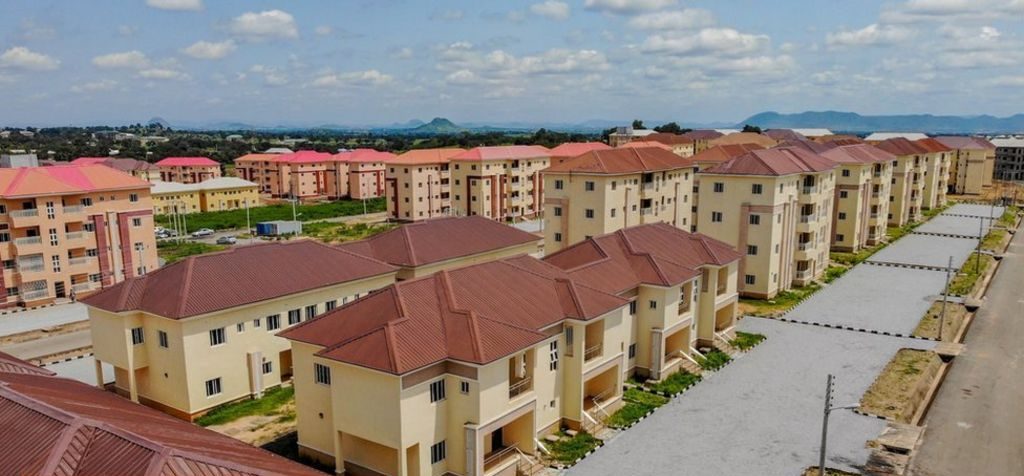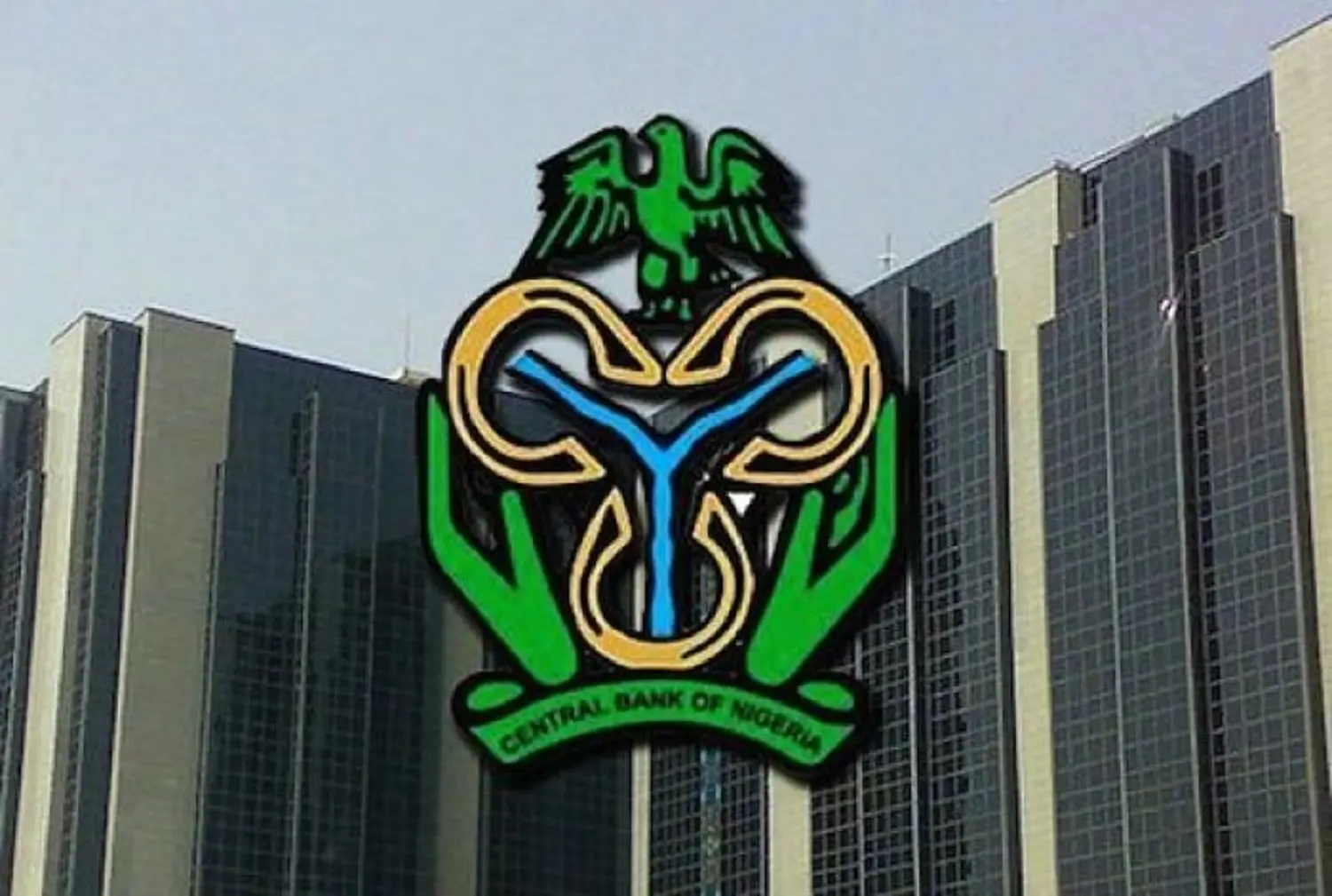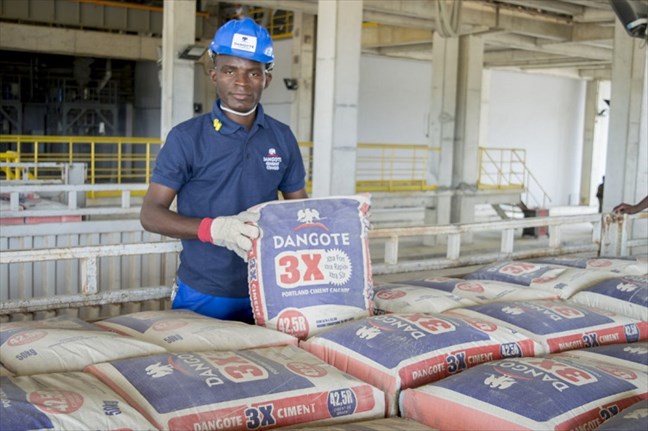The inception of the construction of 34,500 housing units in thirty states of the Federation, including Kano, Lagos, Rivers, Borno, Enugu, Nasarawa, and the Federal Capital Territory (FCT), has been announced by the Federal Government.
Federal Minister of Housing and Urban Development Arc. Musa Dangiwa disclosed this information on Thursday during his keynote address at the 12th Meeting of the National Council of Lands, Housing and Urban Development, which is currently being held in Kaduna.
As per the Minister’s statement, the commencement of the construction of 34,500 housing units is planned prior to December. This undertaking constitutes Phase 1 of the Renewed Hope Cities and Estates and Slum Upgrading Programme.
Recommended: Workers Day: Tinubu promises Nigerian workers a higher wage and social and economic equity
Dangiwa elaborated that the 34,500 housing units in thirty states and the FCT would include affordable bungalows, multi-level apartments, and duplexes with one, two, or three bedrooms for low-income earners, as well as upscale detached bungalows, terraces, and duplexes for high-income earners.
Additionally, the Housing Minister asserted that the Federal Government has formulated a number of strategies to guarantee that the completed housing units are reasonably priced for Nigerian citizens.
The alternatives he enumerated comprised Rent-to-Own, Public Rental, Mortgage Loans, and straightforward sale when applicable.
Upgrading of Slums Across the Nation
The Federal Government plans to renovate a total of 26 slums throughout the Six (6) regions of the nation, including the Federal Capital Territory, as stated by Arc. Musa Dangiwa.
The Minister asserted that the undertaking would guarantee the installation of access roads, water supply systems, solar street lighting, drainage systems, and various supplementary services that would enhance the favela residents’ quality of life.
“This project would improve the living conditions of the slum dwellers in the project sites and the urban poor as a whole by ensuring the provision of vital infrastructure and ancillary services, such as access roads, water supply, solar streetlights, drainages, sanitation, and waste management services,” he maintained.













